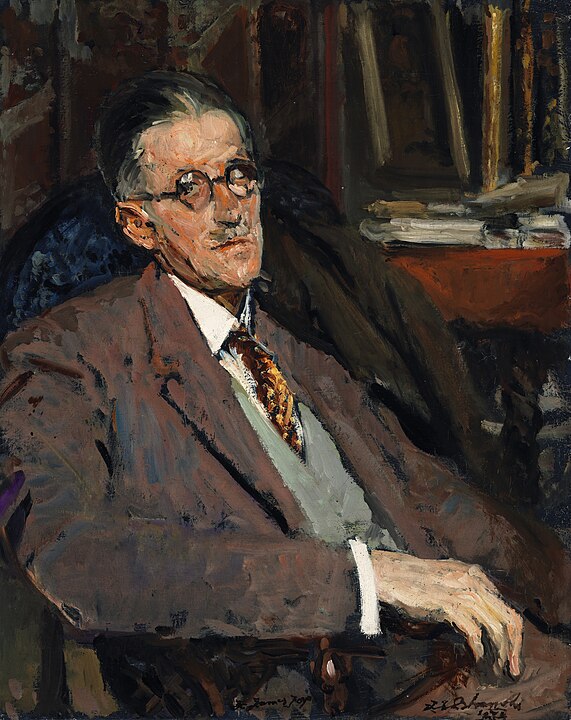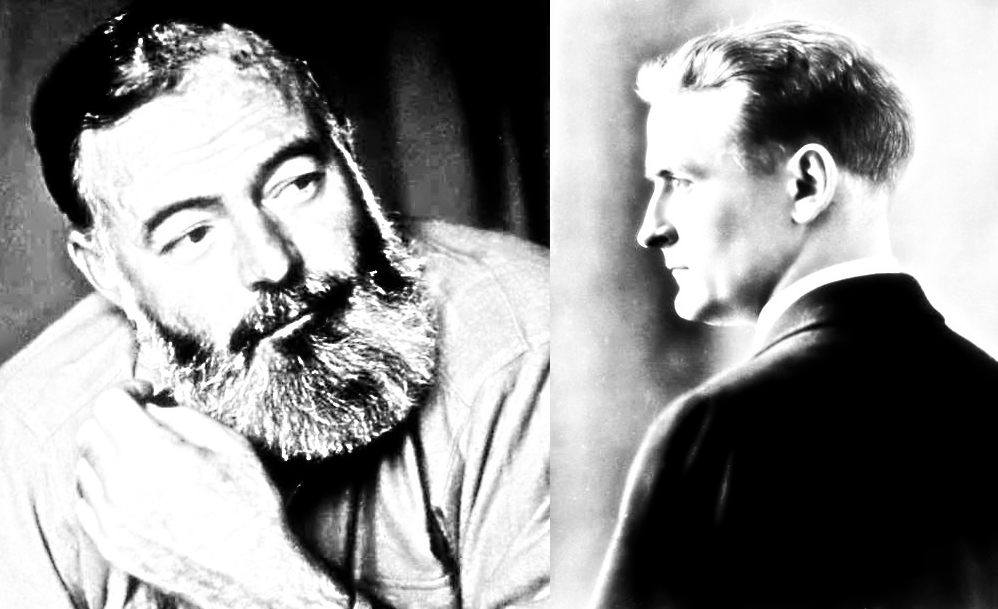Today’s quote comes from the film Excalibur, which tells the tale of the rise and fall of King Arthur. A classic film, it really delves into the depths of how a dream can be realized…and destroyed by all manner of betrayal and hubris.
In analyzing this quote, I want to see how it relates to the world we know in Mark Twain’s A Connecticut Yankee in King Arthur’s Court. In this post, I will be using a variety of Arthurian sources (some more academic than others) to view Camelot as a dream inside of Arthur’s mind; one that is very much a part of him as it is a part of our society.
A description of Camelot
What I think today’s quote (“Now, once more…”) really gets at is Arthur’s obsession with establishing Camelot as the pinnacle of society. His belief, his need for the kingdom, stems from his education at the hands of Merlin and his inherent goodness, which defines him as a most loyal king to his subjects.
But, what is Camelot? In a previous post, we discussed the idea that Camelot was a legendary kingdom in literature and folklore. Its location was in Britain in the kingdom of Logres and housed King Arthur and his knights of the Round Table (or Table Round). Similarly, the location of Camelot has appeared in multiple locations, from “Camulodunum” to “Caerleon” in Wales.
Nevertheless, Camelot is Arthur’s pride and joy, his shining city on the hill…his dream.
In other interpretations of Arthurian legend, we find similar attributes and claims of shining cities on the hill that stand in contrast to the rest of medieval society. For example, in Camelot(1967), Richard Harris as Arthur espouses the virtues of waylaid kingdom. He states: “Don’t let it be forgot / That once there was a spot / For one brief shining moment / That was known as Camelot!”
The “brief, shining moment” was one of beauty and agency; a society that believed in justice and fairness and did away with cruelty against the innocent.
The equality of Camelot
But there are other aspects of the society, ones that are more direct, that speak to the noble pursuits of establishing a city. For example, the Round Table is just that—round. So there are aspirations of equity and respect built into the mead hall of the kingdom itself. These qualities are symbolized within the table and thus the knights view their supremacy equally in society.
Much of the Arthurian lore focuses on Arthur’s character, always aspirational and ideal. In First Knight (1995), Arthur (played by Sean Connery) discusses Camelot–his belief in Camelot—as a reflection of his people and his dream.
“This the heart of Camelot,” he states, “not these stones, not these timbers, these palaces and towers. Burn them all and Camelot lives on, because it lives in us. Camelot is a belief that we hold in our hearts.”
Camelot is something intangible. It can not be choked out with bare hands, or stabbed with swords and daggers. In fact, according to Arthur in this context, Camelot can not be killed, because it is the dream of a more perfect society that benefits all people from all walks of life…the poor, the wretched, and the meek.
The dream of Camelot
However, the reality is that Camelot is just a dream, because human frailty and shortsightedness ostensibly cause the destruction of the loftiest of goals time and time again—whether that be kingdoms, conquests, or dreams. The dream of Camelot has no choice but to be destroyed because of human involvement, but it is nonetheless within our yearning as humans to have a perfectly just society that is good for all people.
In Excalibur, we also see Arthur let down by humanity’s (and his own) foibles, as his wife’s affair and his own violent attitudes toward his family cause his downfall. Moreover, his reticence to forgive Lancelot and Guinevere cause him to lose two great allies in the fight against those who would destroy his kingdom and therefore his dream.
Conclusion
As it relates to A Connecticut Yankee in King Arthur’s Court, the dream is one that is very much real to Hank Morgan. At this point, though, he has experienced its very human qualities, which are drastically unromantic compared to what we know of romantic illustrations of the kingdom itself. The king’s daftness, and superstitions, speak well to the humanness of the castle and why it ultimately lacks in Arthur’s vision. Consider the childlike knights and the hostile treatment of Hank Morgan who did nothing wrong other than waking up under the wrong tree.
Camelot is a dream to King Arthur, and to Hank Morgan it seems to be a dream as well–literally and figuratively–but there is certainly a huge difference between how Arthur sees his perfect kingdom and its actual existence, which is one of disparities and differences between the rules and the peons. The knights, for instance, act like children in every possible way, but wear vibrant colors and partake in great banquets of food and drink, while the peasants outside barely scrape by in the fields. Additionally, we will find the true horror of the average serf in later chapters, as they are harried by trampling knights and murderous ne’er-do-wells.








Leave a Reply